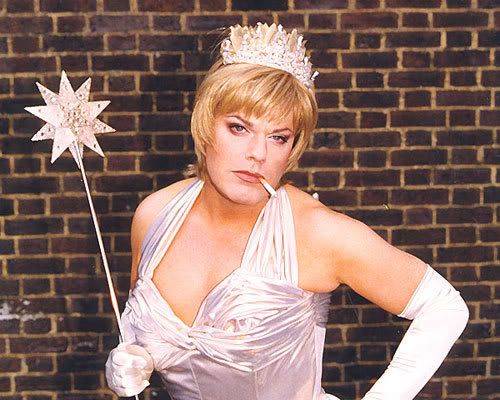Call for manuscripts
Essays in Anarchism and Religion
Call for Contributors
Anarchism and religion have long had an uneasy relationship. On the one hand, many anarchists insist that religion is fundamentally incompatible with anarchism, recalling that anarchism calls for ‘no gods, no masters’, pointing to the many cases of collaboration between religious and political elites in oppressing and deluding the masses, arguing that religious belief is superstitious, and so on. On the other hand, some religious/spiritual anarchists insist that their religious/spiritual tradition cannot but lead to a rejection of the state, care for the downtrodden, and quest for a more just society – despite, indeed sometimes because of, the acceptance of a god as ‘master.’
A number of recent publications both in religious and anarchist studies have focused on religious anarchism, but consideration of their compatibility in the first place has been rarer. The aim of this edited book is to explore critically and frankly the relationship and tensions between these two notions. The collection will build on the successful stream exploring the topic convened for the
Anarchist Studies Network Conference held at Loughborough University in September 2012. Authors of papers presented at the stream are invited to submit their manuscripts, but the call is also open to authors who did not attend the conference, yet wish to submit a manuscript for consideration.
Proposals are encouraged from sceptical as well as sympathetic perspectives, the aim being to foster critical discussion. In line with the panel themes at the conference, areas of focus could include: anarchist encounters with religion, anarchist Biblical studies, anarchist theology, anarchism/religion parallels, religious and anarchist philosophers/philosophy, and spiritual anarchism.
Questions that may be addressed include (but are not necessarily restricted to):
1. Is rejection of religion (and/or spirituality) a sine qua non of anarchism?
2. What do we mean by ‘religion’, ‘spirituality’ and ‘anarchism’ when considering their relation?
3. What is unacceptable to anarchism about religion/spirituality, and to religion/spirituality about anarchism?
4. Are some religious/spiritual traditions inherently more compatible with anarchism than others?
5. Why do religious institutions tend to move away from the often radical intentions of their original prophets and founders? How does this compare to non-religious institutions?
6. What explains differences in the reception of religious/spiritual anarchism across different contexts?
7. To what extent can religious/spiritual anarchists’ deification of religious/spiritual notions (such as ‘God’) be compared to non-religious anarchists’ deification of secular notions (such as freedom or equality)?
8. What role do (and can) religious/spiritual anarchists play in the wider anarchist movement, and in their wider religious/spiritual tradition?
9. What can religion/spirituality and anarchism learn from one another’s history and ideas?
10. Is religious/spiritual anarchism really anarchist? Is it really religious/spiritual?
Peer-Review/Publishing Details
All manuscripts will be rigorously peer-reviewed. Authors are asked to name three experts in the specific area covered by their papers that might act as potential peer-reviewers, though the editors reserve the right to approach any expert.
Having made initial enquiries with
Open Books Publishers, the intention is to submit the completed collection to OBP for peer-review (meaning that the whole
book will be peer-reviewed
on top of the earlier, individual, review of separate chapters).
Authors are therefore asked to adopt the
referencing style preferred by OBP, which is available
here. Manuscripts should not exceed
8000 words (excluding footnotes, but please restrict discursive footnotes to a minimum). Shorter manuscripts are welcome. To avoid formatting incompatibilities, please submit your manuscript in a
.DOC format – other formats will be returned.
Should OBP accept the completed manuscript, authors may wish to note that they are keen for authors to addadditional digital material to their website, such as additional papers, primary texts, images or other primary resources. Authors should feel free to suggest such additional resources when submitting their manuscript for consideration.
The deadline for receipt of manuscripts is
31 December 2012. Please email your manuscript to Alexandre Christoyannopoulos at a.christoyannopoulos [at]
gmail.com.
Any enquiries should also be sent to that address.






